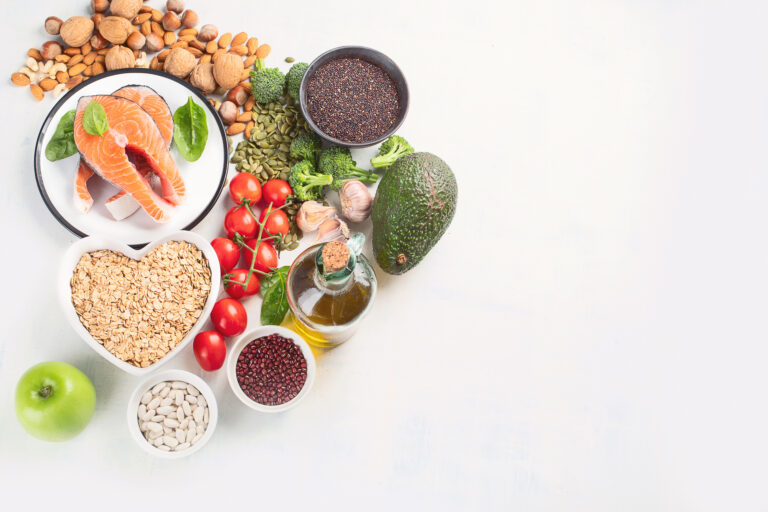Is there a diet that prevents cancer? The dietitians of Island Nutrition Ltd weigh in on the role food choices play.
Q: Does what you eat matter?
A: Maintaining a healthy weight is a key player in reducing your overall risk of developing cancer. Diets that are higher in fast food, saturated fat or sugar significantly increase your risk of being overweight or obese, which in turn increases your risk of developing cancer.
When reading about foods and cancer risk, consider who is writing the article, what their references are – are they based on large studies or good evidence? – and importantly, are they trying to sell anything? We’re looking at you, “superfoods”!
Q: Do certain foods increase the risk of cancer?
A: It is very difficult to determine a specific food that “causes” cancer as our diets are, for the most part, varied. There are some foods that research shows do have a higher risk associated with them. We know that components of red meats and the cooking methods we use can damage the cells of the bowel in a way that can increase cancer risks.
Processed meats carry some of the same properties, and invariably are higher in fats and compounds from the preserving process, which is thought to be cancer causing. Try to limit red meats to once a week and processed meats to very special occasions.
Alcohol consumption also comes with a risk. Regardless of the type of alcohol we choose, they all contain ethanol which is a cancer-causing compound. The benefits of alcohol that we often see touted in the news are misleading and, the higher the number of alcoholic drinks you consume, the higher the risk of cancer in the head, neck and oesophagus, stomach, liver, kidneys and the bowel: basically any part of the digestive system that has a role in the consumption and processing of the drink.
Too much refined sugar in our diets can make it more difficult to maintain a healthy weight which, as above, can increase our risk of cancer. There is no scientific evidence to suggest a link between artificial sweeteners and cancer.
Q: Do certain foods limit the risk of cancer?
A: There is no magic bean to prevent the development of cancer, and no one food or diet will guarantee that you will not get cancer at all.
There is evidence that diets rich in wholegrains, which are high in fibre, as well as dairy foods, can reduce the risk of bowel cancer.
A healthy, balanced diet is one that is rich in wholegrains, including wholegrain pasta and multigrain bread, lean proteins such as plant-based like beans, pulses and lentils, or eggs, fish, chicken and turkey, as well as fruits and vegetables. Dairy is also a good source of protein and nutrients, especially if lower in fat and without added sugar. Dairy alternatives, especially soya, that are fortified will have some of the same nutrients but there is not enough research to suggest that they have the same risk-reducing effects.
Q: Is it realistic to think a person can organise a diet around those foods?
A: Absolutely! A Mediterranean-style diet is not only associated with reducing risks of cancer but is often cited as the healthiest dietary pattern going.
Success won’t happen without some thought and planning. Start small, think about tweaks you can make to breakfasts or snacks, or choose one night per week to try a new recipe.
The internet is bursting with inspiration. Find one or two simple recipes to try per week or use meal prep services or prepared meals based on a more plant-focused approach. Ideally, use seasonal products from farm stands or frozen bags of mixed vegetables.

